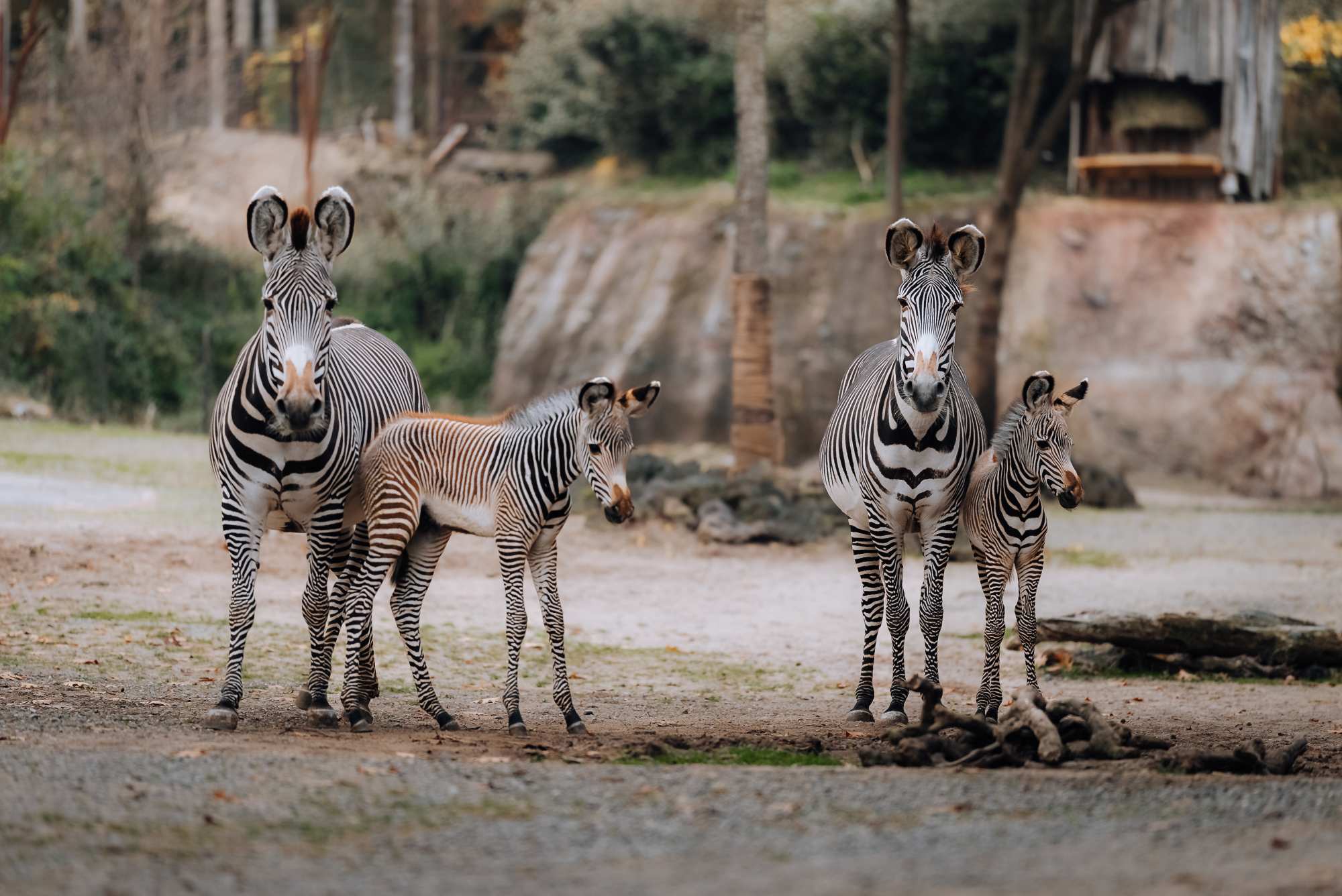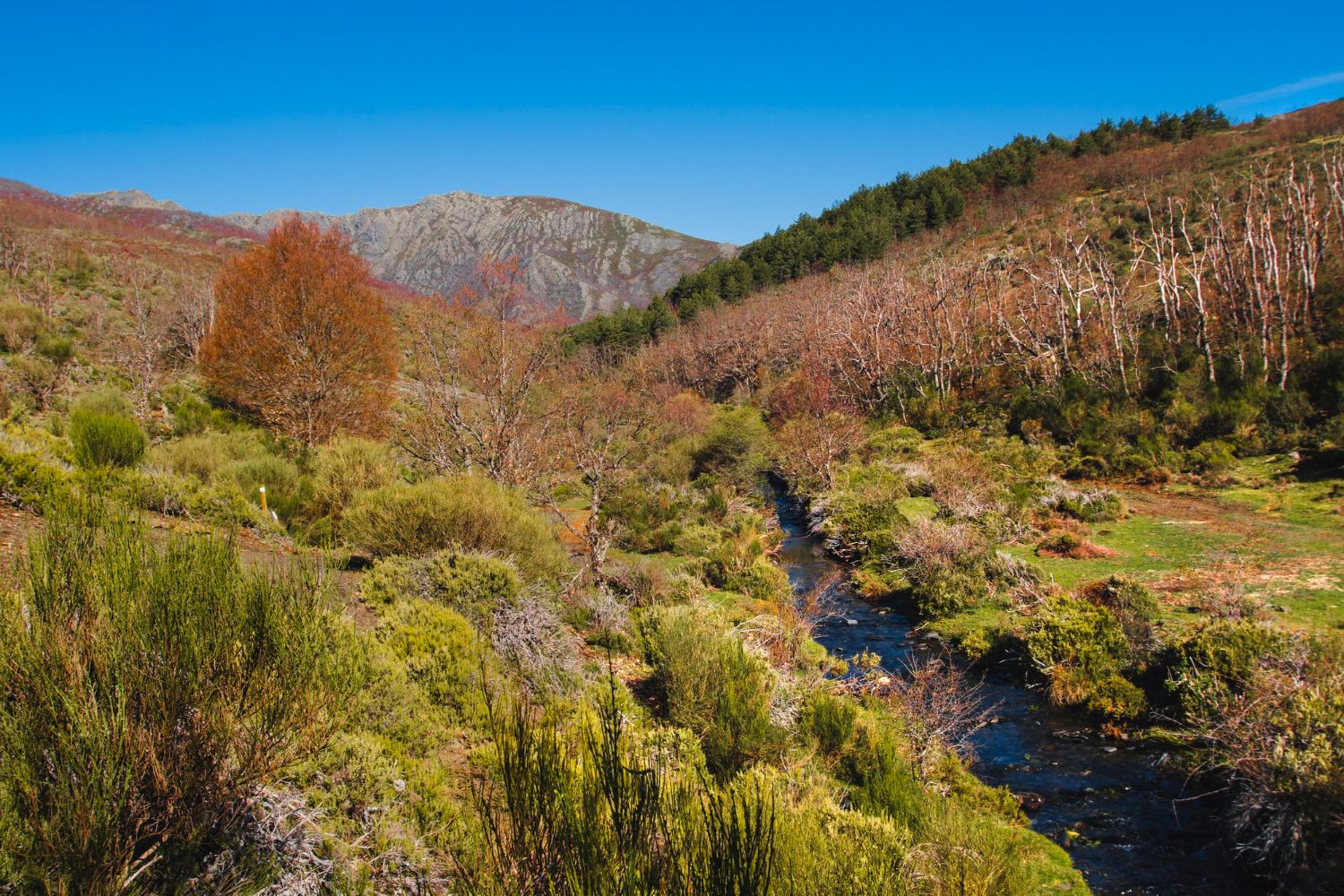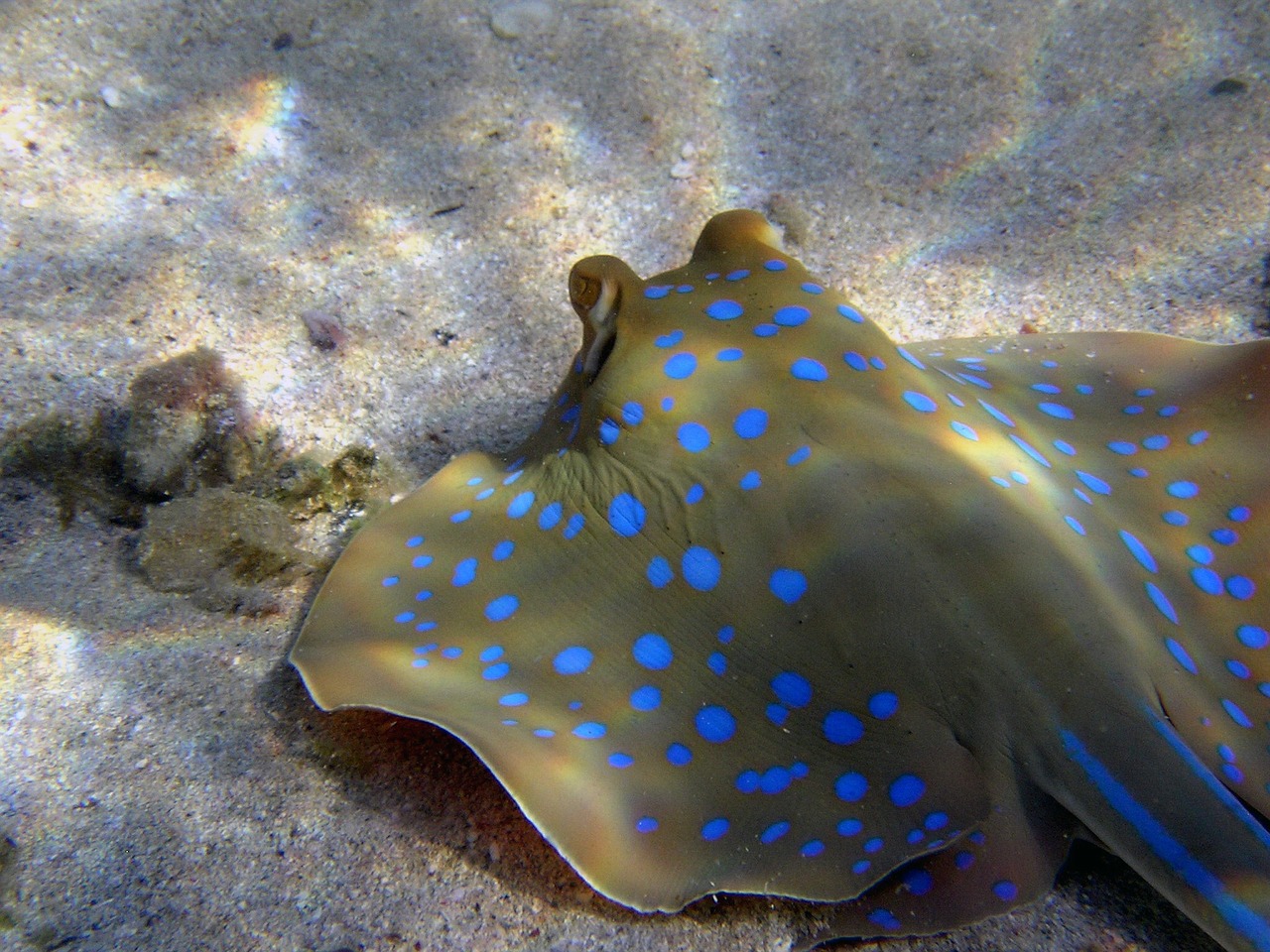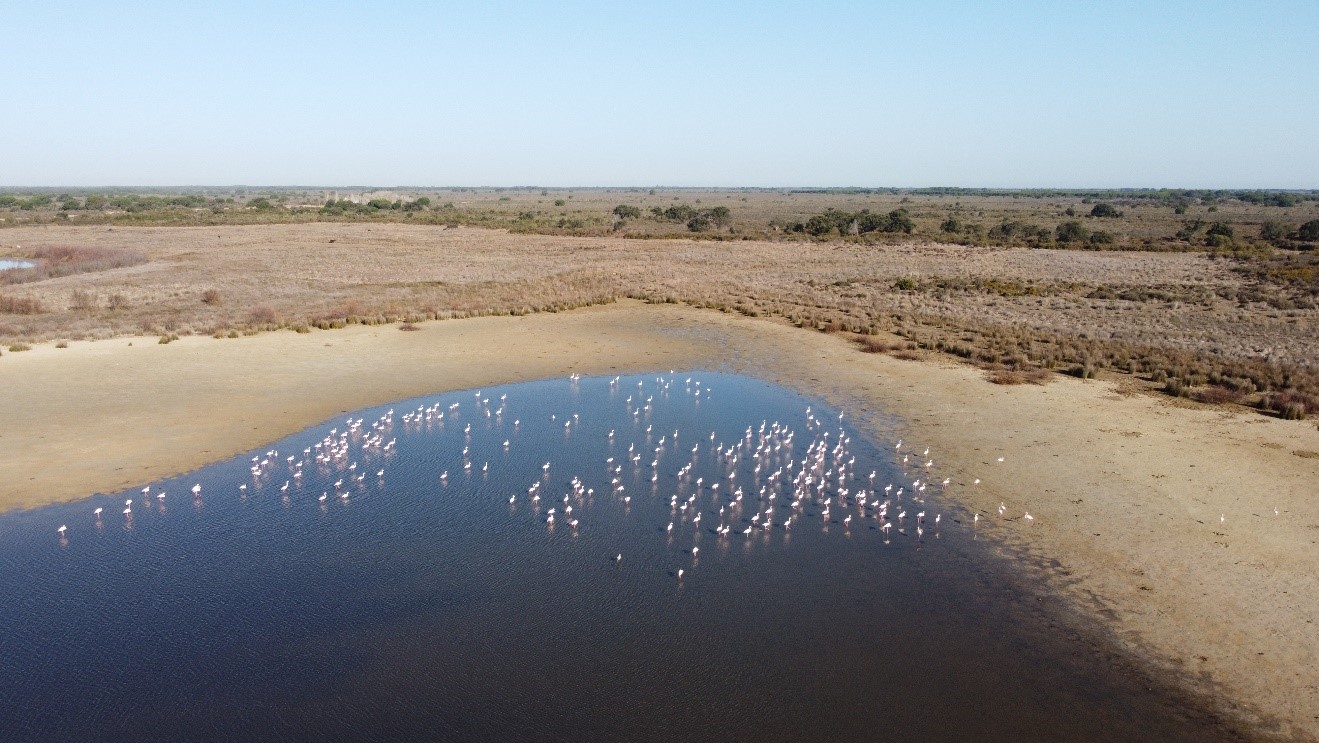The ageing of animals jeopardises the conservation objectives of zoos
An international team has analysed data from more than 700 mammal populations in zoos since 1970 and concludes that there has been an ageing of the animals and a decline in females of reproductive age. According to the authors, this jeopardises the role of zoos in conserving endangered wildlife species and promoting global biodiversity. The findings are published in the journal PNAS.






